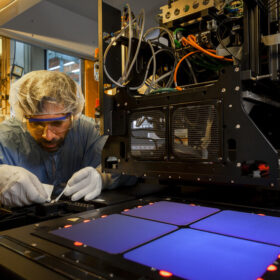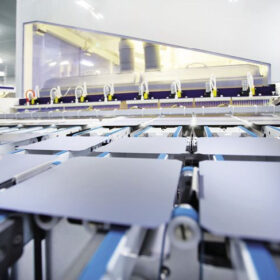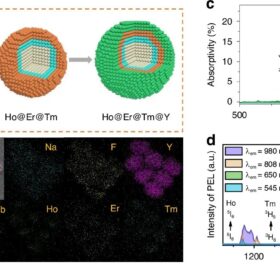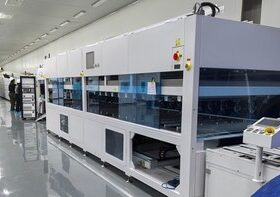China approves polysilicon futures
The China Securities Regulatory Commission (CSRC) has approved polysilicon derivatives to address rising price volatility and structural imbalances between supply and demand in the solar-grade polysilicon market.
Japanese startup developing flexible chalcopyrite solar modules
PXP Corporation has recently secured JPY 1.5 billion ($9.98 million) in a round led by Japan’s Softbank Corp. to move forward with its plan to build a 25 MW chalcopyrite module factory.
Indian state allots land for solar manufacturing projects
The Indian state of Madhya Pradesh has received solar manufacturing proposals from Grew Energy, Insolation Green Energy, Premier Energies Global, Saatvik Solar and other companies. Land allotment letters for these industrial units were recently given away by the state’s chief minister.
Trump touts solar trade tariffs
While the US Inflation Reduction Act (IRA) is reshoring solar manufacturing in the United States, raising import tariffs may slow momentum. The actions of the incoming Trump administration are tough to forecast at this point.
Solar trade headwinds
Prices across the solar supply chain remained in bearish territory into the fourth quarter of 2024. Trade and regulatory developments have continued to preoccupy the industry and dampen trading activity.
Fraunhofer ISE developing copper metallization for tandem perovskite-silicon solar cells
The German research institute said it is currently exploring three copper metallization methods: Screen printing, FlexTrail printing and rotary printing. The proposed technology is reportedly compatible with either TOPCon or heterojunction bottom cells.
Solar manufacturing slows in bid to balance supply and demand
Smaller solar manufacturers have been shuttering production lines, but not at a pace fast enough to return profit margins to healthy territory. InfoLink’s Amy Fang considers what lies ahead for PV companies in the near term.
Perovskite-silicon tandem solar cell based on wide-bandgap top device achieves 33.10% efficiency
Researchers in China have integrated a wide-bandgap perovskite solar cell with a hybrid back contact device in a four-terminal tandem cell that achieves high efficiency and stability. Key for the strong performance was a new surface passivation strategy that the research group adopted for the top cell.
Improving solar cell efficiency with upconversion nanoparticles
An international research group has developed a light upconversion system that can reportedly improve crystalline silicon solar cell efficiency by up to 0.87%. The technology consists of multilayer nanoparticles that act as near-infrared absorbers across different spectral ranges.
EliTe Solar opens solar cell production facility in Indonesia
Just a few months after beginning construction on a cell manufacturing factory in Egypt, Singapore’s EliTe Solar has opened a cell manufacturing facility in Indonesia. The Indonesian project took around eight months to complete from site selection to opening.









